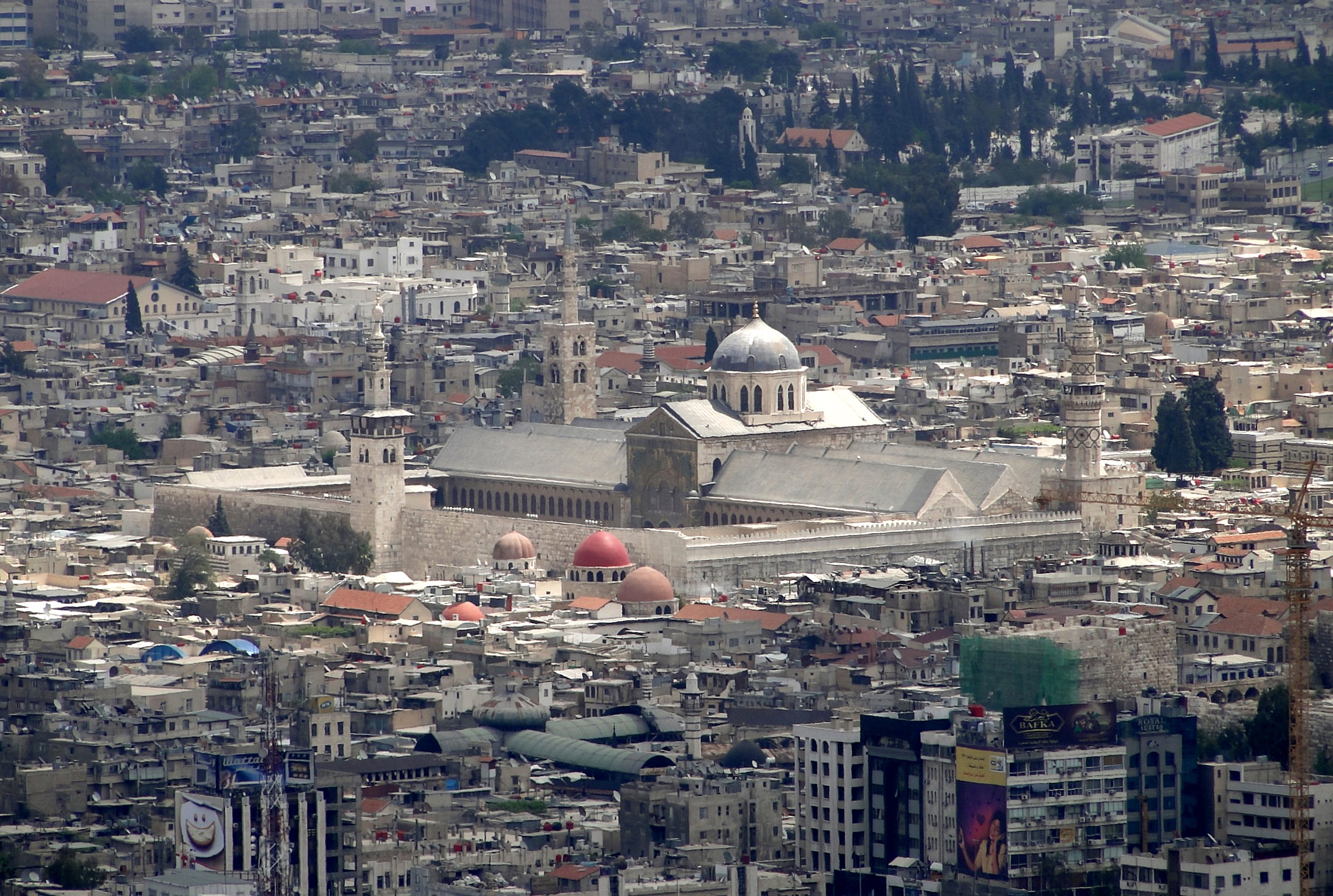Wikipedia Trail: Damascus to Sumerian Religion
 |
| This is a photo of the Umayyad Mosque in Damascus, taken in 2010, before it was damaged in the Syrian Civil War in 2012 and 2013. (Source: Wikipedia Commons) |
Kurdistan
I was led to this page because Syria has a significant Kurdish population.The Kurdish people have lived in the region where Iraq, Syria, Iran, Azerbaijan, and Turkey exist today but the Kurdish nation does not have a nation-state. Kurds have often engaged in conflict to demand political rights to the land that they have lived on for centuries. The Kurds were granted political autonomy in 1992, when the Iraqi government recognized Iraqi Kurdistan and also gave the people of the autonomous region the right to form a local government and parliament. One reason as to why the Kurds might want full political rights to govern the land they have live on is the fact that they sit on the world's largest oil reserves, as wells as significant reserves of other mineral resources like coal, copper, gold, iron, and sulfur.
Tigris River:
The Tigris is a river the flows south from Turkey, through Iraq, and then ends in the Persian Gulf. The Tigris was one of the lifelines of Mesopotamia, along with the Euphrates River, as it provided the people with water to drink and to use for agriculture, and it is also used for transport in the region.. The Tigris forms the border between Syria and Turkey, which probably can and eventually will lead to conflict between the two countries. Baghdad, the capital of Iraq, is actually located on the bank of the river, making it also a very vital source of water for Iraq. Iraq and Turkey both heavily dam the Tigris, creating controversy, as this can create environmental damage to the ecosystems downstream, and it gives both countries to weaponize the river and cut off water upstream to any downstream countries that it may have tension with.
Sumerian religion
I was led to this page, after the article about the Tigris mentioned that the river is often present in Sumerian mythology. Sumerian religion was practiced by the people of Sumer, who were the first civilization in Mesopotamia to be literate. Some of you may have heard of the well-known Sumeria myth called the Epic of Gilgamesh. The Sumerians believed that their divinities controlled all natural and social order. Some major Sumerian deities include An, the god of the heavens and the sky, Enki, the god of water and human culture, and Utu, the god of the sun and justice. Sumerians believed that only deities lived in heaven while all mortal spirits went to Kur, a cavern underneath the earth, after they died, regardless of how they acted while they were alive. Sumerian religion influenced the religious beliefs of those who later lived in the region, and stories from Sumerian mythology have been found to mirror some of the stories that were later recorded in the Hebrew Bible.
Comments
Post a Comment